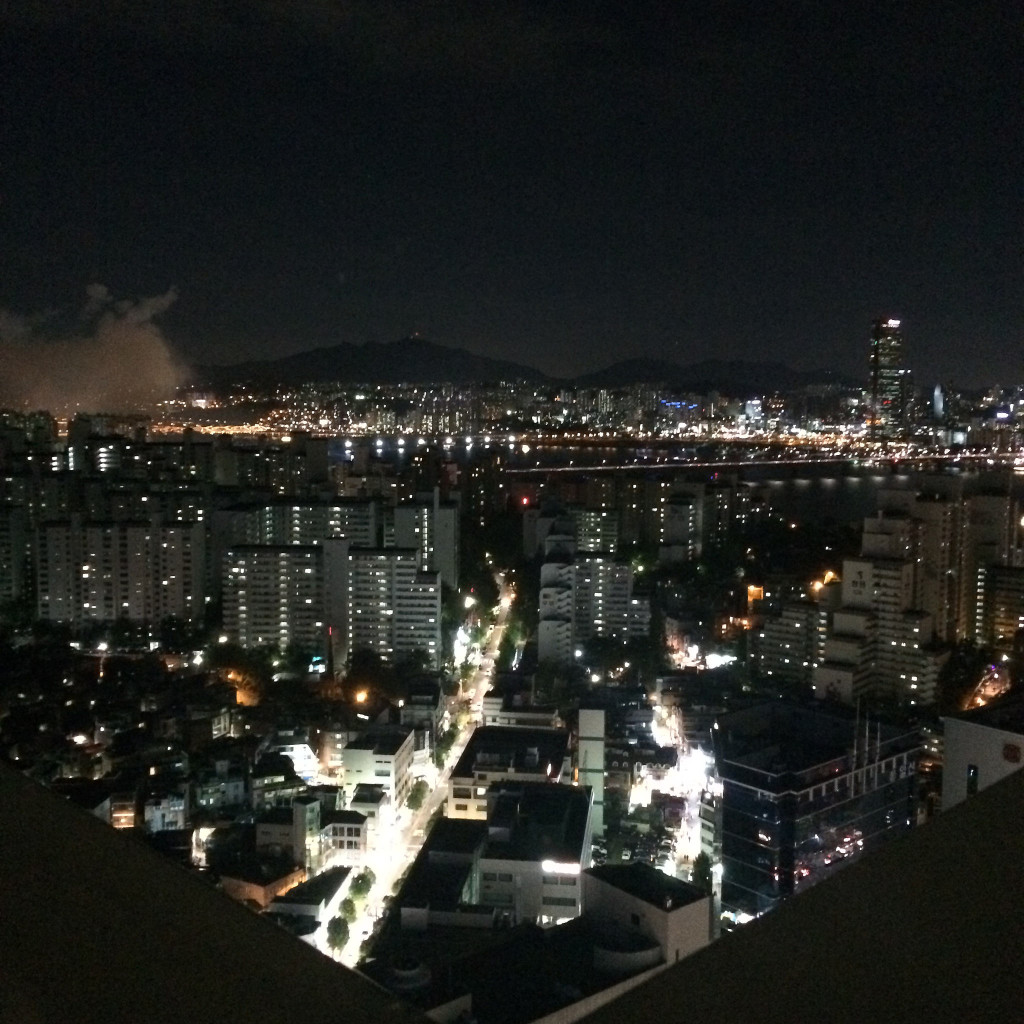
My most recent paper in a fluid stage of completion is on the contrast between smart city rhetoric and historical memory in urban spaces. Not that these are mutually exclusive, but there is friction between historical memory and all its inconvenient reminders of a supposedly unsophisticated past and smart city rhetoric that hinges on definitions like the following:
“A city well performing in a forward-looking way in [economy, people, governance, mobility, environment, and living] built on the smart combination of endowments and activities of self-decisive, independent and aware citizens.”
So the paper is essentially about what role history and historical education has both in terms of challenging some of the hollow bits about smart city rhetoric and what might be done to counter that friction. My apologies for adopting the terminology of smart cities so readily; clearly it needs critique as technology does not make anything inherently smart. But I need to call it something for this post. Again, Seoul and South Korea prove rich test cases for this approach. I drew on this tension a bit in my thesis as it relates to Korean higher education with one of the more simplistic summaries of rich history ever attempted with a straight face:
From China, South Korea has adopted Confucianism and drawn from it a highly structured social order; from Japan, South Korea identified economic and development models that allowed it to emerge from devastation at the end of a brutal war. Over the last 110 years, Korea has gone from Confucian kingdom to Japanese colony to free state to divided state to civil and proxy war, poverty, rapid industrialization, and to its current manifestation as economic power. With such rapid change comes considerable tension.
Much of this can be found in the South Korean higher education system, itself an amalgamation of Korean tradition and Western organizational models (Park & Weidman, 1999). As such, the South Korean higher educational model is a complex orchestration of foreign organizational models built on Korean philosophical and sociocultural foundations. While caution must be applied in overemphasizing the dichotomy of Eastern (typified here by South Korea) and Western (typified here by the UK) learning, particularly due to their significant overlap and undertheorized nature (Ryan & Louie, 2007), differences remain.
So Seoul becomes a research emphasis itself shifting as it has over the last hundred years of so of remarkable change, much of which is in danger of being swept away by urban development and smart city rhetoric. Foreign constructs gilded to Korean traditions; hybrid practices emerging from remixes of indigenous social systems. If not the driver, then certainly the smart city movement is an accomplice in undercutting some of this.
Yet it doesn’t have to be this way. History and historical education can supplement smart cities. I can pontificate here for days on why history is important, more important than ever as change cycles are accelerating, but I will save it for the paper. A reasonable expectation of one’s lifespan is that what we were born into and what we die out of will be vastly different environments. Evolutions that might take epochs before are occurring within generations. Seoul and all her endless construction cranes remind me of that daily. History has a role here, hence the embedding unpleasant memory in the title. We can contest narratives of all-encompassing progress by noting, at the very least, when these narratives didn’t work.
I can use (mobile) technology to surface counter-narratives of resistance and revolution; I can use code and geopositioning to disrupt the totalizing rhetoric of progress. I can embed the ghosts in the machine of smart cities, reminding us of our past, a deliberate crack behind the gloss. But the paper is mostly about how, like the image below of Gwanghwamun during Japanese occupation and now, we shouldn’t dare forget the unpleasantness of our past. Rarely will colonization be so overt as what the Japanese (clumsily) attempted. Replacing a symbol of ancient Korea (the palace gate) with a very functional colonial administration building deliberately placed to remind subjugated Koreans who was in charge. Modern rhetoric is a little craftier. Smart cities, progress, forward-thinking, citizens and technology all in some communion.
Pragmatically, mobile technology provides us a way to surface this historical memory a bit. To note where these same citizens said no, pushed back, proved obtuse to the rhetoric that we should rightly be critiquing ourselves.


[…] keeping with my previous post on smart cities and embedding unpleasant history, my other recent research interest in mobile […]
Surfacing forgotten histories of smart cities like #Seoul: embedding unpleasant memory. https://t.co/xqoNjt9KLy #mlearning
RT @mseangallagher: Surfacing forgotten histories of smart cities like Seoul: embedding unpleasant memory. https://t.co/nIQywG9pY6 #mlearn…
Surfacing forgotten histories of smart cities like #Seoul: embedding unpleasant memory through #mlearning. https://t.co/UUTvUKh2i8
Surfacing forgotten histories of smart cities like #Seoul: embedding unpleasant memory. https://t.co/Re76h0t51A https://t.co/pFhXEJMwM0
Surfacing forgotten histories of smart cities like #Seoul: embedding unpleasant memory https://t.co/22wQHOx4NH https://t.co/7L7t8Vx64t